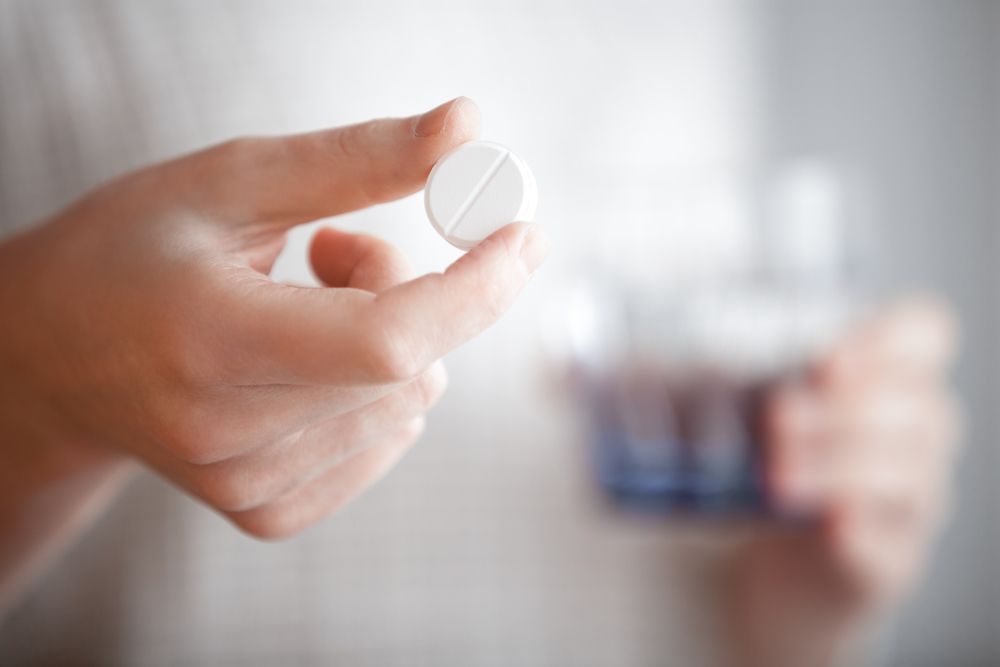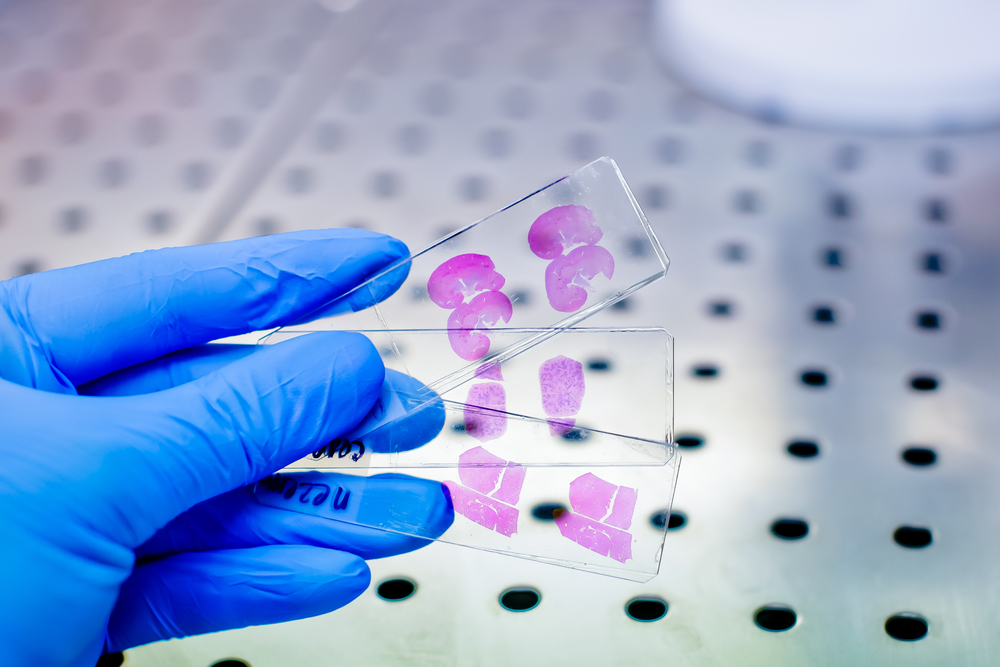Low-dose aspirin use doesn’t reduce prostate cancer mortality
 Aspirin is a widely used medication that can treat pain, fever, inflammation. Scientists investigated various indications of aspirin, whose medical usage has been expanded to cancer prevention and treatment with many studies indicating a positive role of aspirin in reducing overall cancer risk and death.
Aspirin is a widely used medication that can treat pain, fever, inflammation. Scientists investigated various indications of aspirin, whose medical usage has been expanded to cancer prevention and treatment with many studies indicating a positive role of aspirin in reducing overall cancer risk and death.
Pre-clinical studies found that aspirin is helpful for preventing prostate cancer thanks to its inhibitory ability and anti-inflammatory effects in prostate cancer cells.
American scientists investigated the effects of daily aspirin use on prostate cancer risk in a large multiracial cohort in the US. The study published in the journal Cancer Causes & Control showed daily consumption of more than six aspirin can modestly reduce prostate cancer risk.
The positive results of aspirin use indicated in some studies inspire more large-cohort investigations regarding the relationship between daily aspirin use and prostate cancer mortality.
A recent nationwide cohort study in Denmark, funded by the Danish Cancer Society, assessed the association between the postdiagnosis use of low-dose aspirin and prostate cancer mortality.
The study involved 29, 136 men diagnosed with prostate adenocarcinoma between 2000 and 2011. Low-dose aspirin from prescription was defined as 75 to 150 mg per tablet in the study. The data were collected from the Danish nationwide registry.
The study results showed that low-dose use of aspirin didn’t reduce the prostate cancer-specific mortality and other-cause death during a median follow-up of 4.9 years. Low-dose consumption of aspirin didn’t bring an overall benefit to prostate cancer mortality.
Researchers also analyzed the effects of low-dose aspirin use within 5 or 7.5 years after prostate cancer. They found that prostate cancer mortality was slightly reduced with low-dose aspirin use after 5-year and 7.5 -year postdiagnosis exposure periods. The most notable effects were seen during the 7.5-year period.
The study suggests that low-dose aspirin use doesn’t associate with improved overall survival after a prostate cancer diagnosis. Is high-dose aspirin helpful for prostate cancer patients? Maybe.
A cohort study published in 2014 investigated the relationship between aspirin use before diagnosis and survival in men with prostate cancer. The results showed that aspirin use non-significantly reduced the risk of prostate cancer-specific mortality in men with localized prostate cancer while higher doses of aspirin showed a statistically significant reduced risk of prostate cancer-specific mortality.
The positive effects observed after 5-year consumption suggests that long-term low-dose aspirin consumption may reduce prostate cancer mortality, which is what researchers need to confirm in further study.


